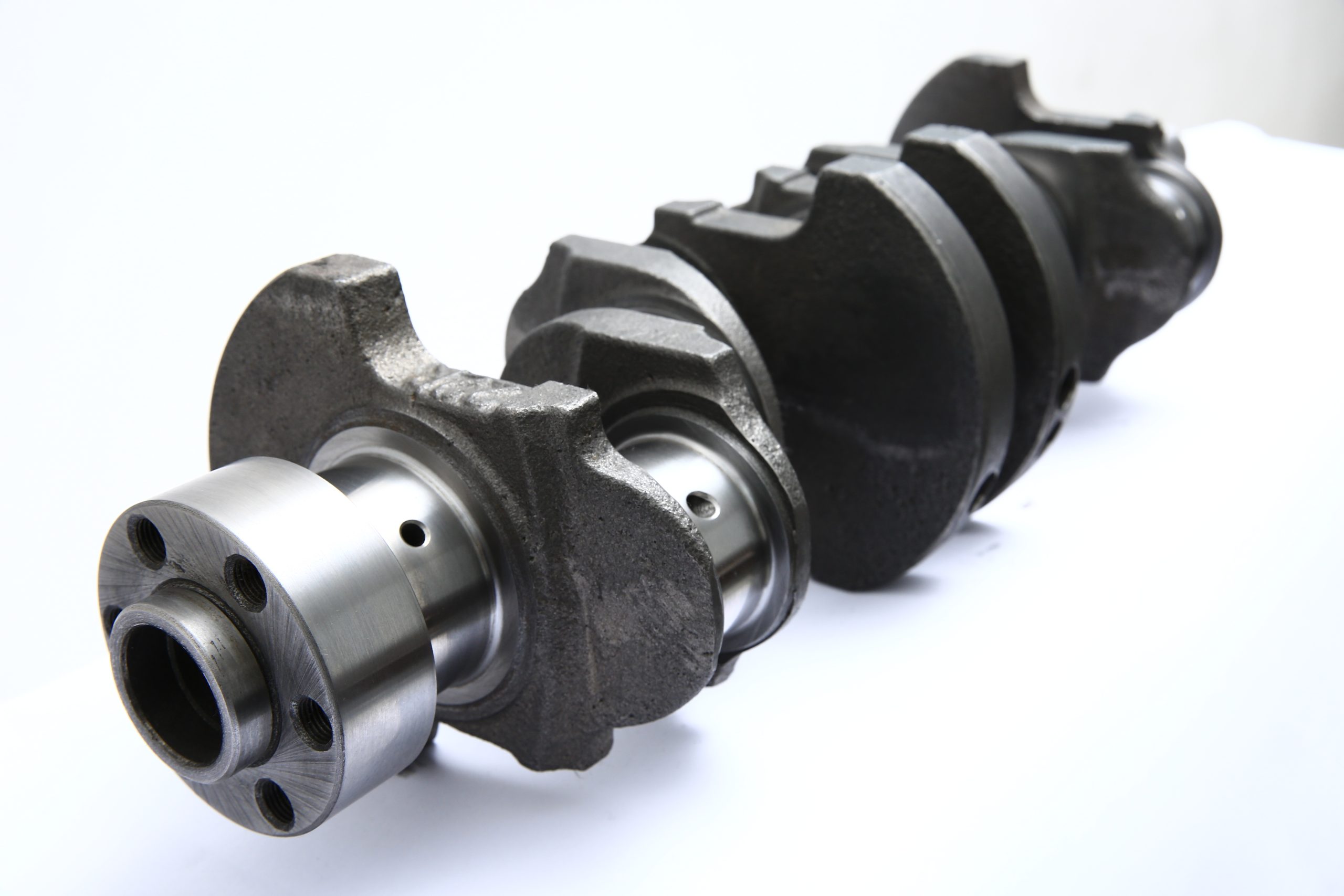The Central Role of Crankshafts in Gasoline-Powered Engines
At the heart of any gasoline-powered engine lies the crankshaft, a vital component that plays a key role in driving performance. So, what does a crankshaft do? In essence, it converts the linear motion of the pistons into rotational motion, allowing the engine to generate the power required to move the vehicle’s wheels. This process is critical for smooth and efficient operation, ultimately shaping the driving experience.
Boosting Performance with Diverse Crankshaft Types
Various crankshaft types exist, including Forged, Billet, and Full machining crankshafts, each offering unique advantages tailored to different engine requirements. By selecting the right type of crankshaft, drivers and motorcyclists can optimize their engine’s performance for strength, precision, and customization.
- Forged crankshafts are crafted from a single piece of heated metal, shaped under pressure to create a strong and durable component capable of withstanding high torque and stress.
- Billet crankshafts, on the other hand, are carved from a solid block of metal, providing optimal precision and control over the final product’s dimensions and features.
- Full machining crankshafts, as the name implies, are manufactured through a series of machining processes that enable intricate designs and customization tailored to specific engine needs.

Choosing the Right Material for Maximum Benefits
The material of a crankshaft is crucial to its performance and longevity. Common options include cast iron, forged steel, and alloy steel, with each material offering unique benefits in terms of strength, weight, and durability. By selecting the right material, users can further enhance the efficiency, reliability, and overall performance of their gasoline-powered engines.
Enhancing the Driving Experience with a High-Quality Crankshaft
A top-tier crankshaft can significantly elevate the driving experience. Drivers often report smoother, more responsive engine performance, as well as increased fuel efficiency, resulting from better combustion and power transfer. Furthermore, a well-designed crankshaft offers greater reliability and durability, extending the engine’s lifespan and providing peace of mind.
In conclusion, the crankshaft serves a critical function within gasoline-powered engines, transforming linear motion into rotational motion and contributing to overall performance. With a range of types and materials available, users can choose the ideal crankshaft for their unique needs, optimizing their automobiles and motorcycles for a superior driving experience.
